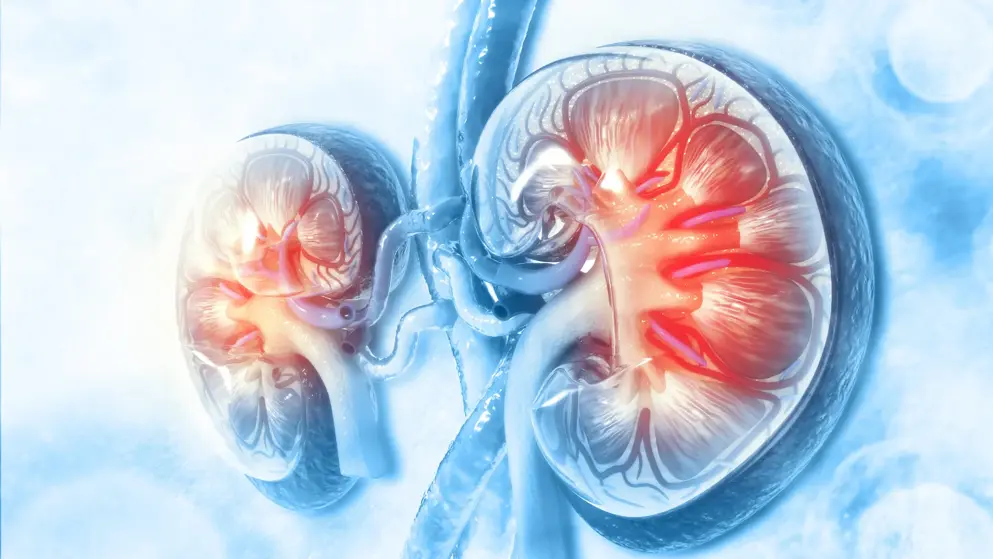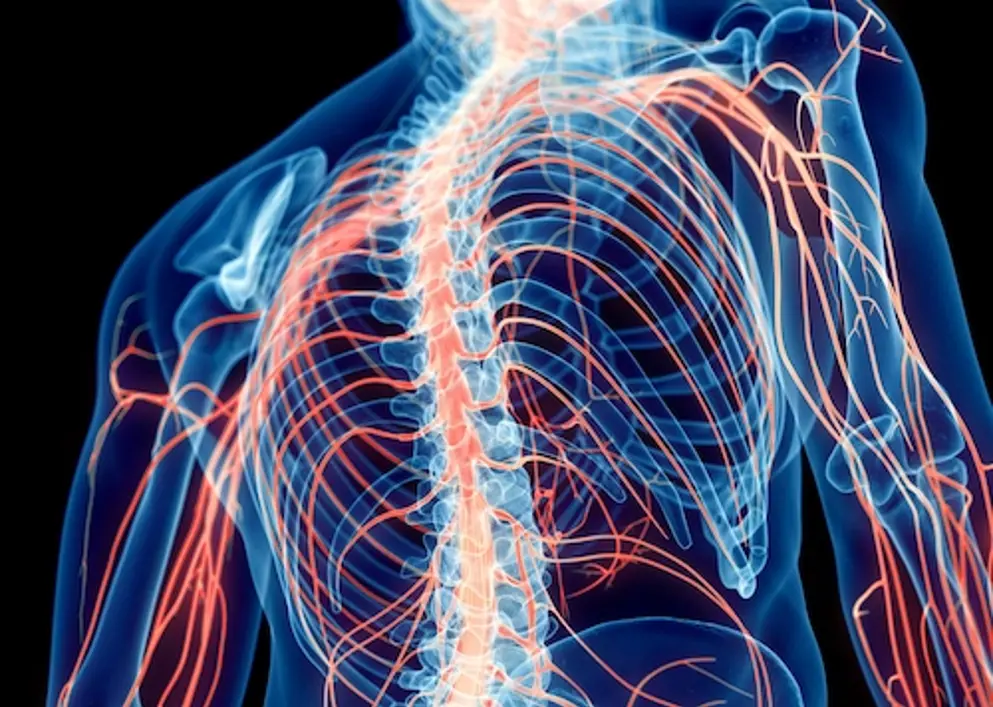Treatment of Mild Hyperkalemia in Hospitalized Patients: An Unnecessary Practice?
Treatment of Mild Hyperkalemia in Hospitalized Patients: An Unnecessary Practice?
Background: Sodium polystyrene sulfonate (SPS) is one of the most commonly used treatments for mild hyperkalemia. Other treatments include insulin, sodium bicarbonate, and salbutamol, which may be given alone or in combination. The results of research examining treatment effectiveness for mild hyperkalemia (e.g., the ability of SPS to achieve normokalemia) thus far have been inconsistent. Given that the effectiveness of treatment for mild hyperkalemia is debatable, new research is needed.
Objective: To determine whether treatment of hospitalized patients with mild hyperkalemia (using SPS or another approach, relative to no treatment) was associated with achievement of normokalemia (serum potassium < 5.1 mmol/L).
Methods: For this retrospective, quasi-experimental study, hospitalized patients with index serum potassium level between 5.1 and 6.4 mmol/L were identified. Post-index serum potassium level within 24 hours was dichotomized (< 5.1 or ≥ 5.1 mmol/L). Pre-index serum creatinine and serum potassium levels were recorded as the average of the first 5 values immediately before the index potassium value. For each patient, treatment was categorized as no treatment, SPS treatment, or other treatment strategy.
Results: Among the 1944 patients included in the analysis, the average age was 66.8 (standard deviation 13.5) years; 605 (31.1%) of the patients were women and 1339 (68.9%) were men. Logistic regression results indicated that patients who were female and/or had higher pre-index serum potassium were less likely to return to normokalemia within 24 hours after the time of the index serum potassium value. Treatment category was not a statistically significant predictor of the achievement of normokalemia. Most patients with mild hyperkalemia (> 74.5% in each treatment category) achieved normokalemia, whether or not they received treatment.
Conclusions: The findings of this study suggest that although follow-up is required for mild hyperkalemia in hospitalized patients, active treatment may be unnecessary.
Read abstract on library site Access full article





